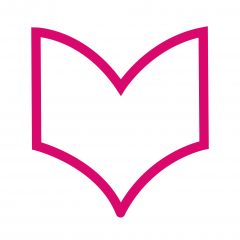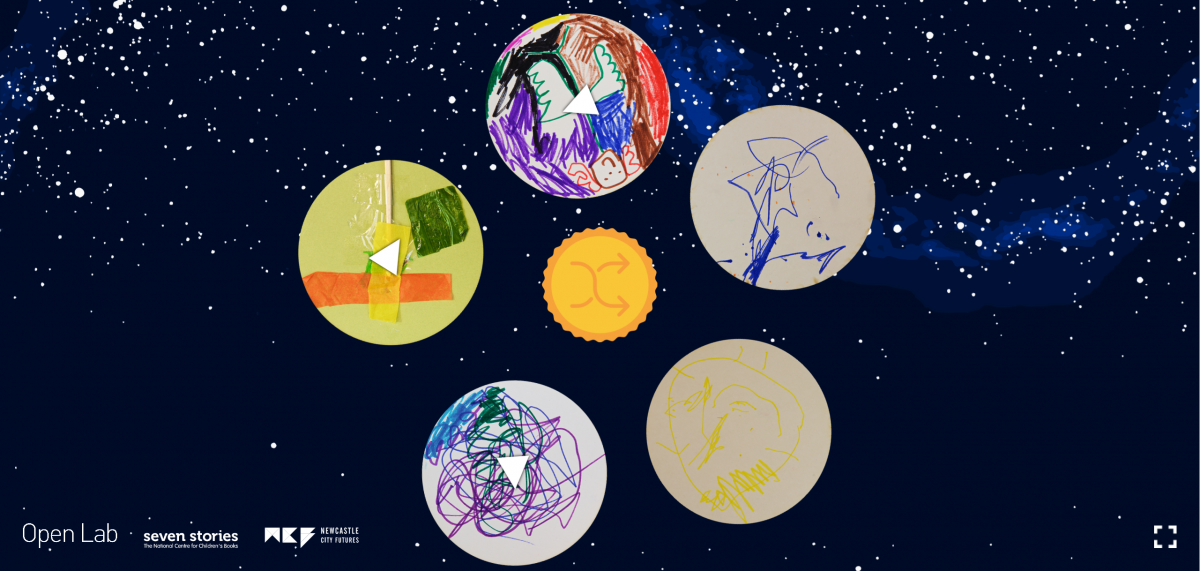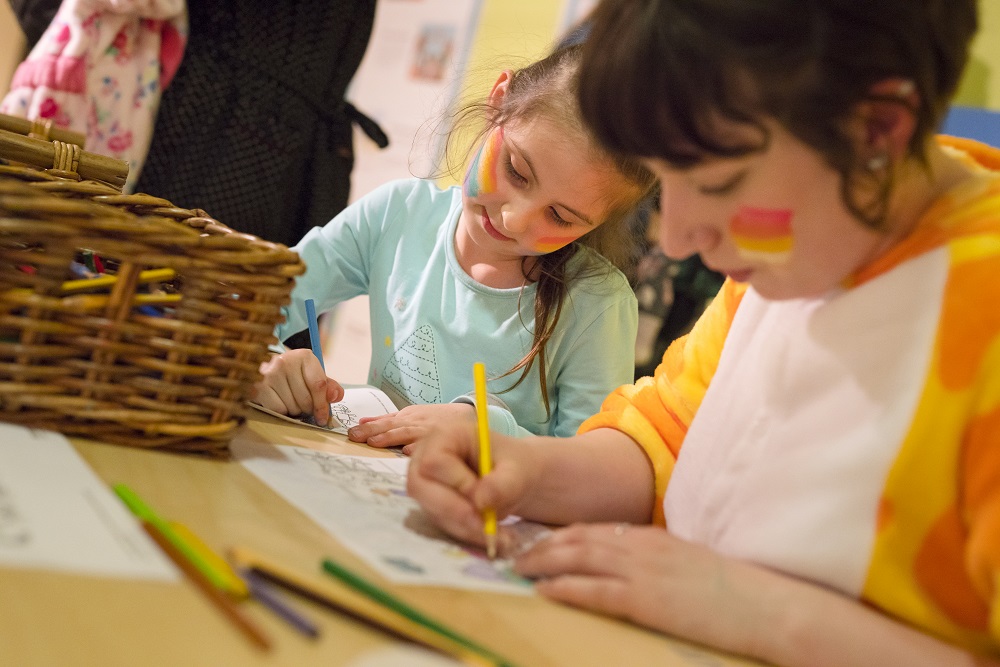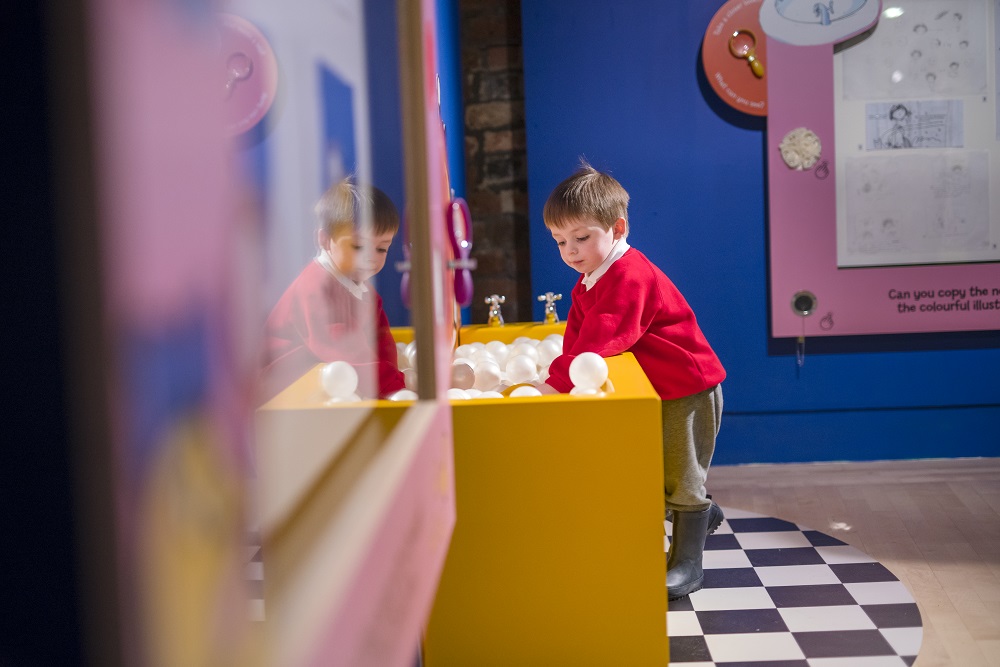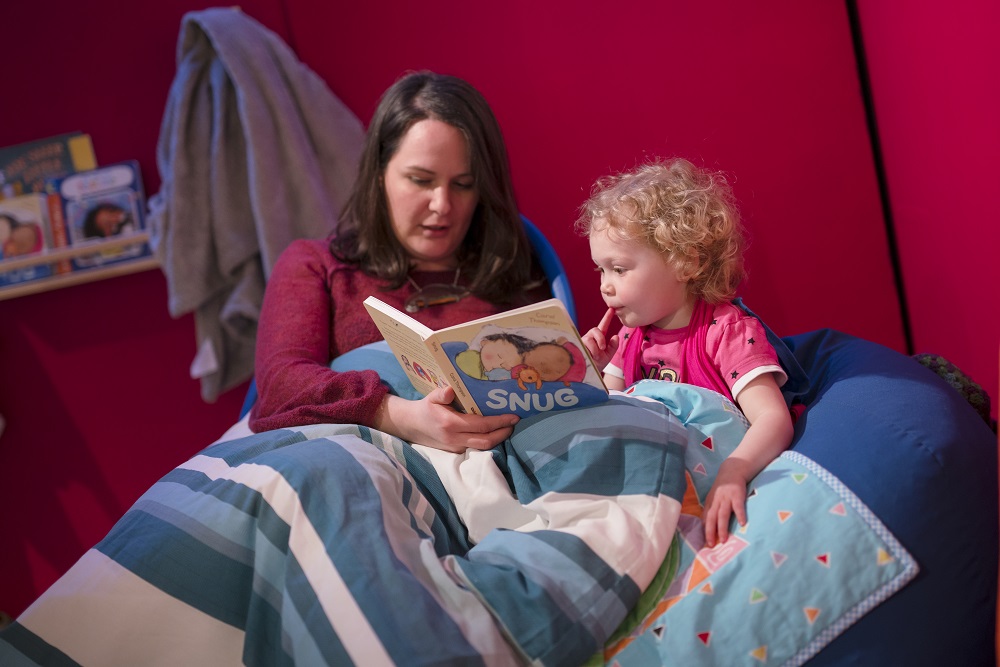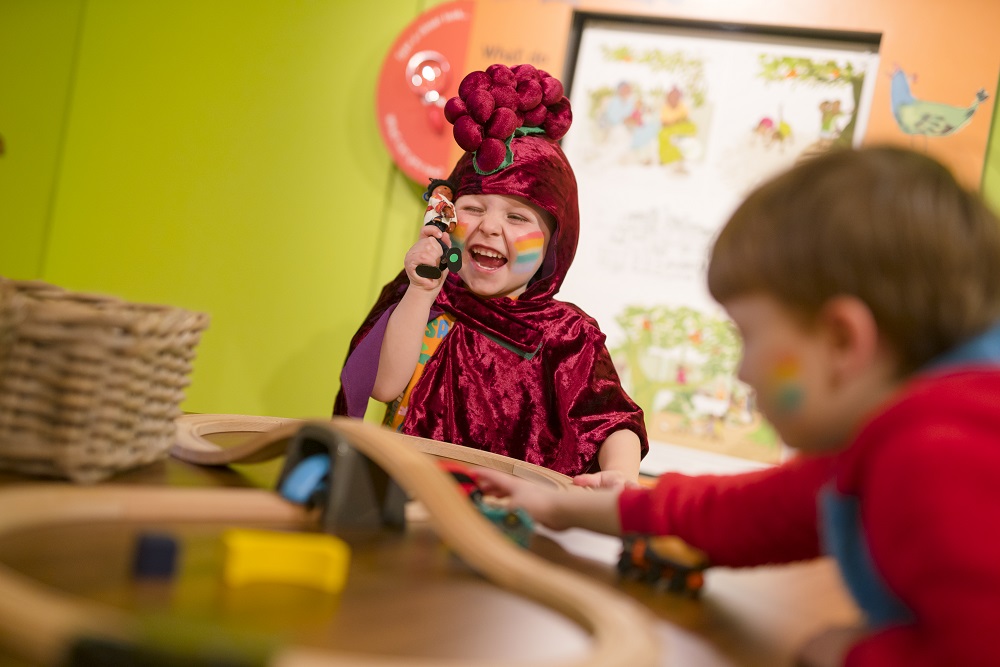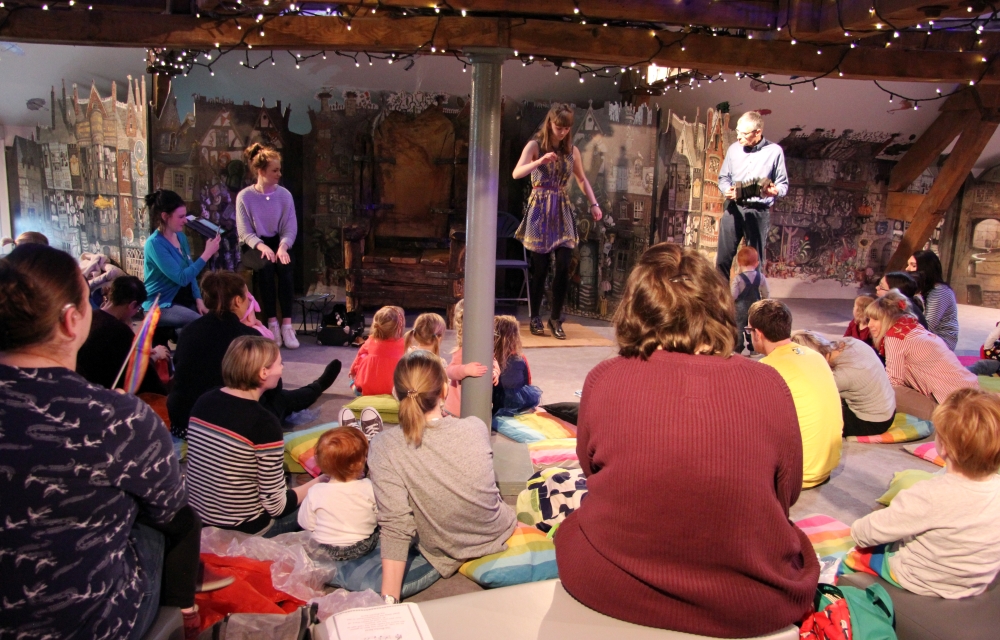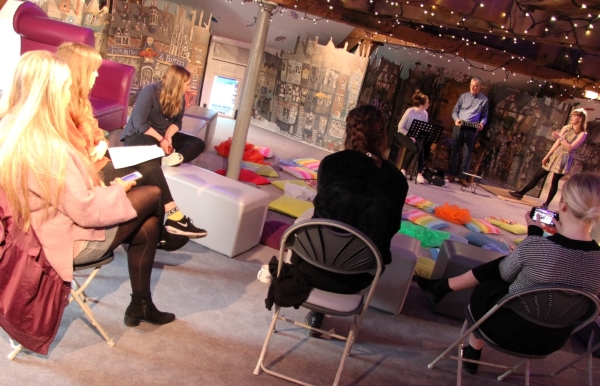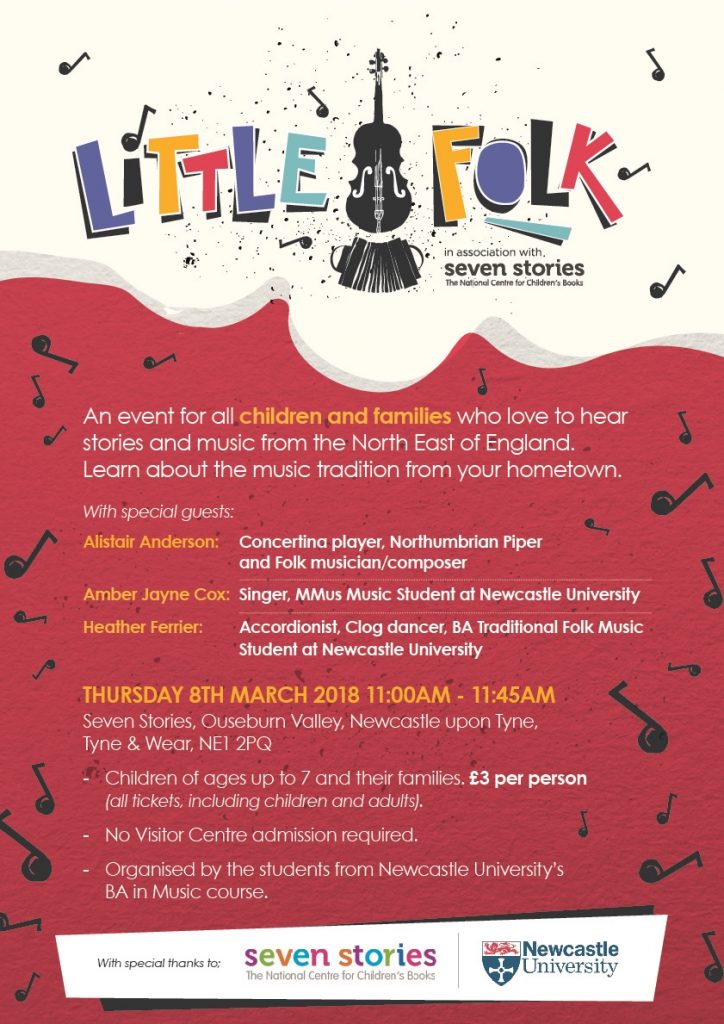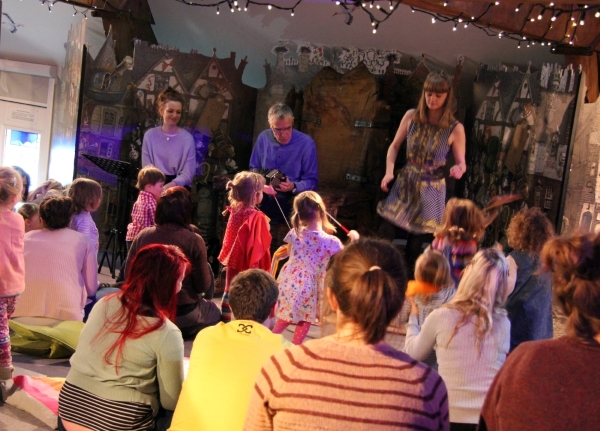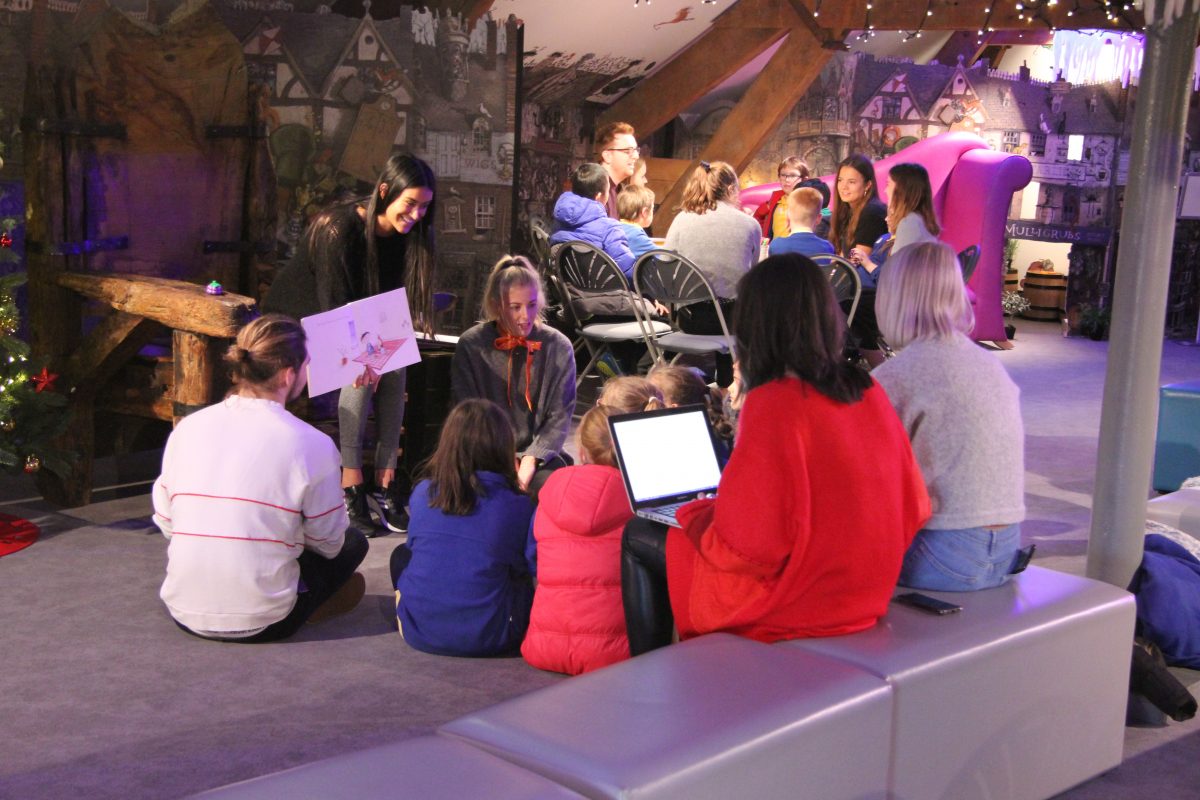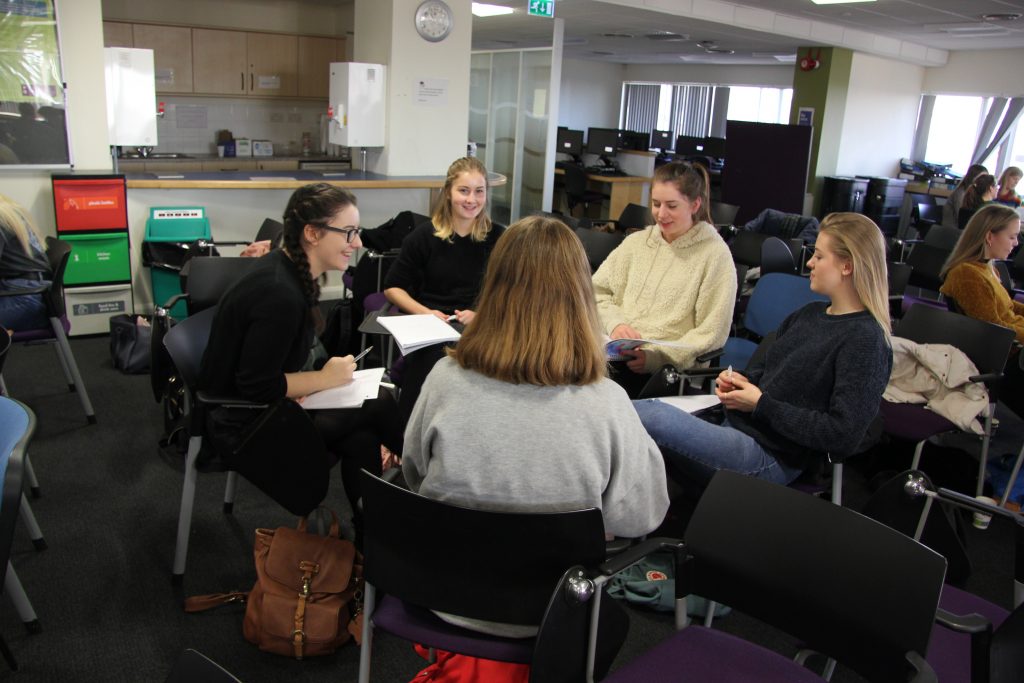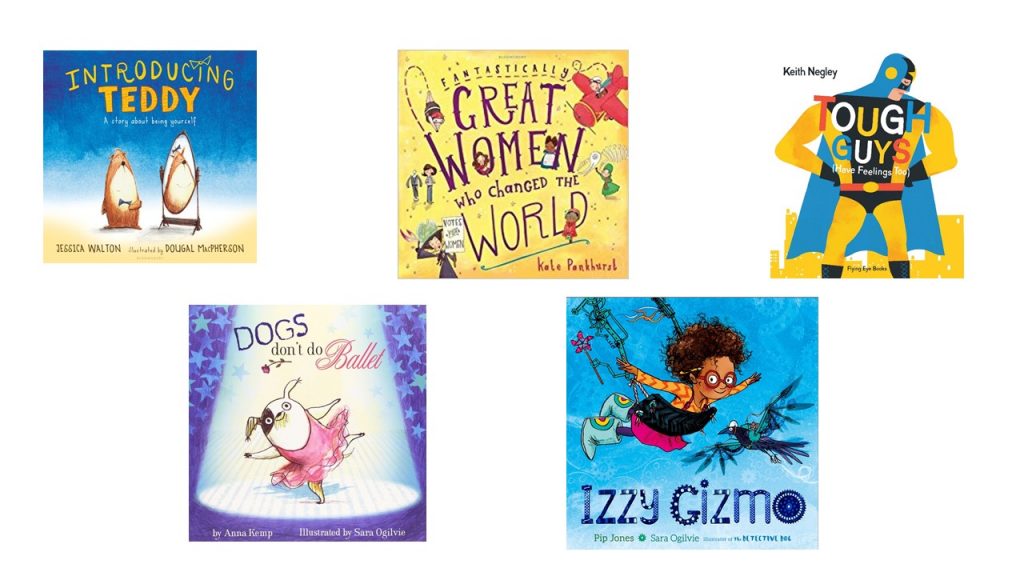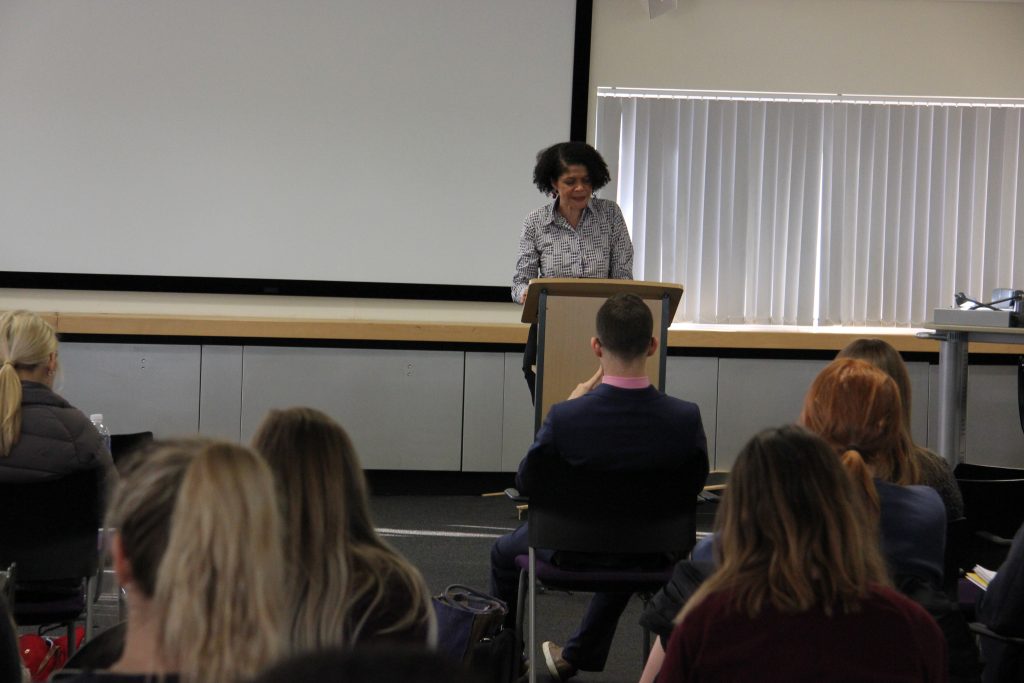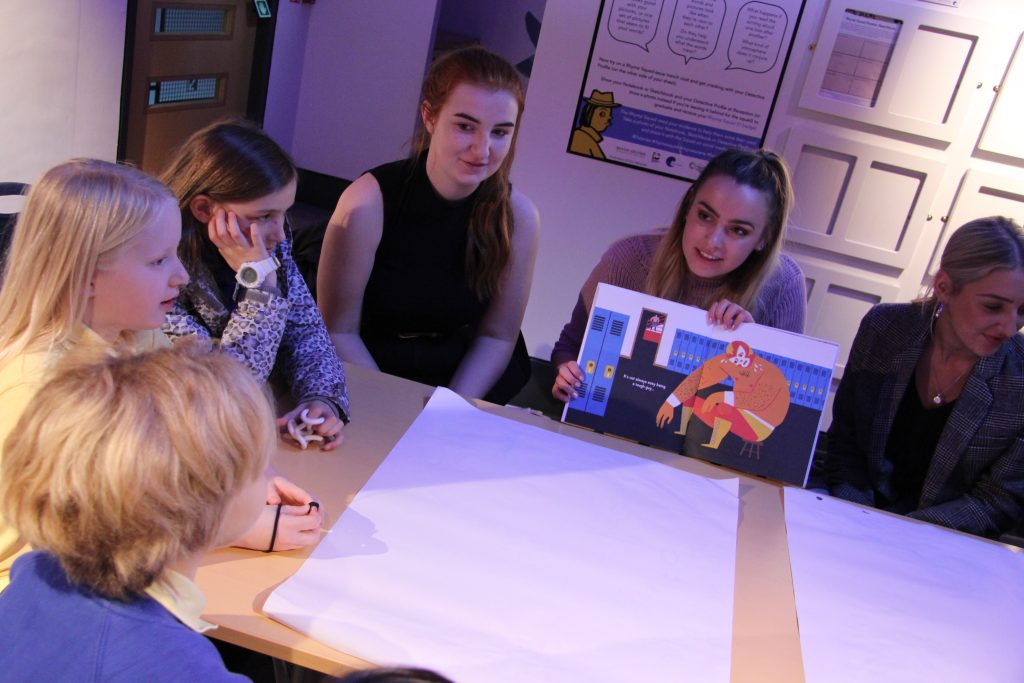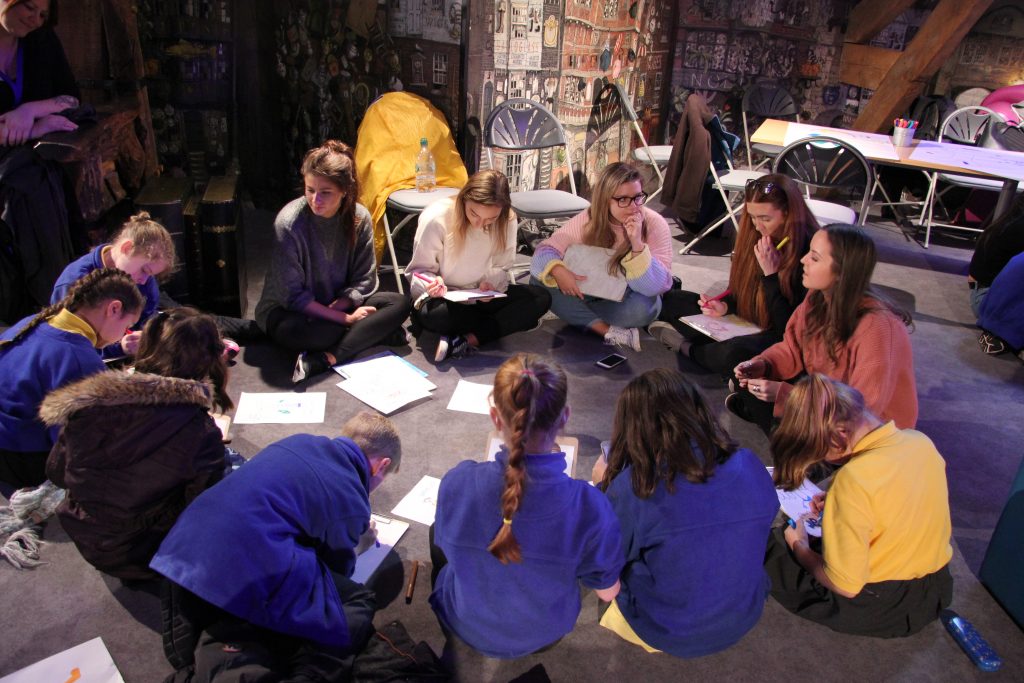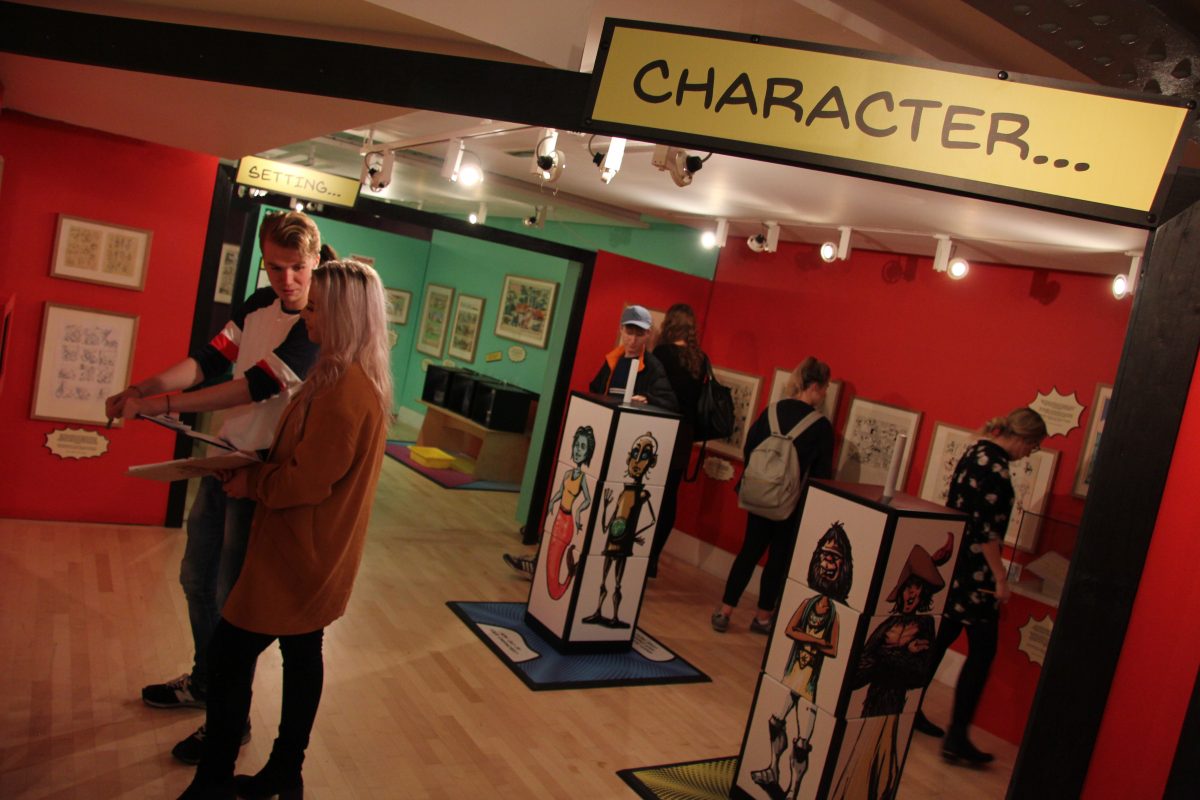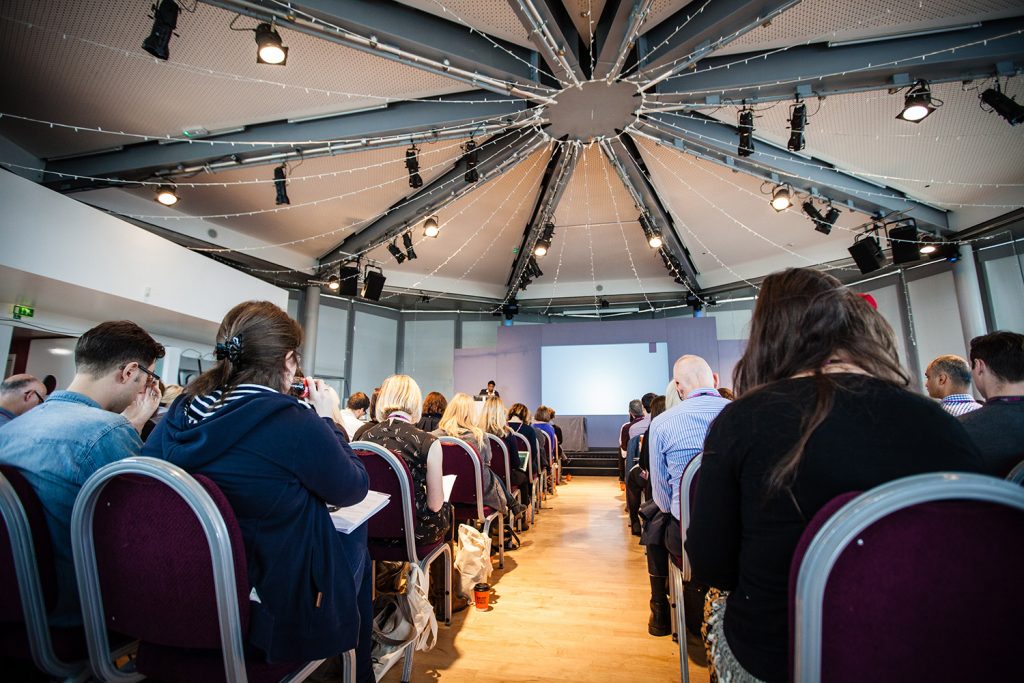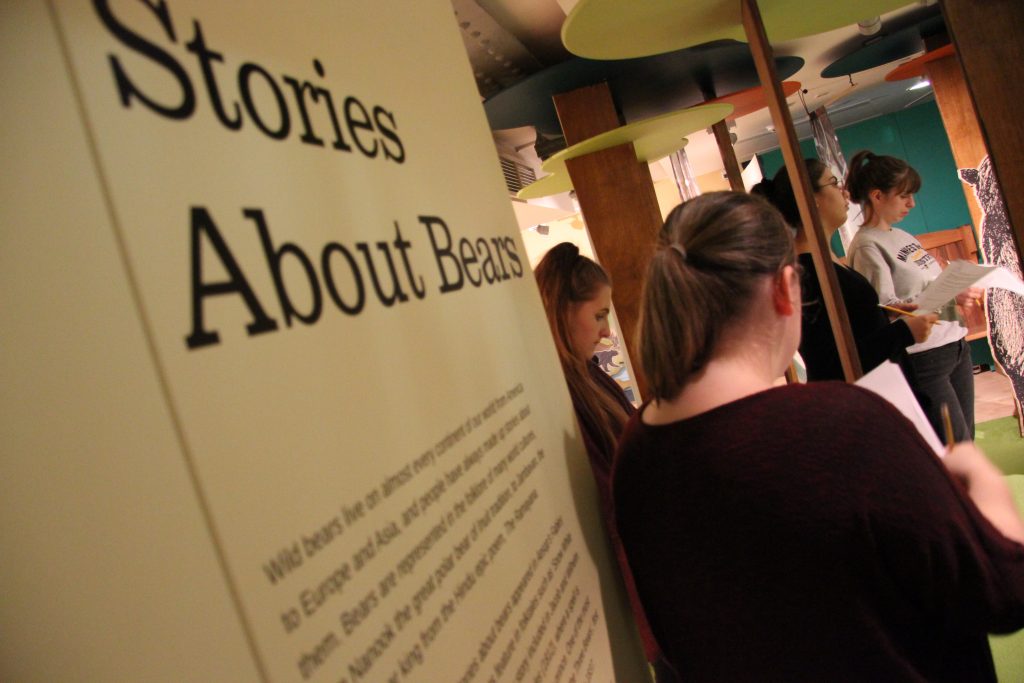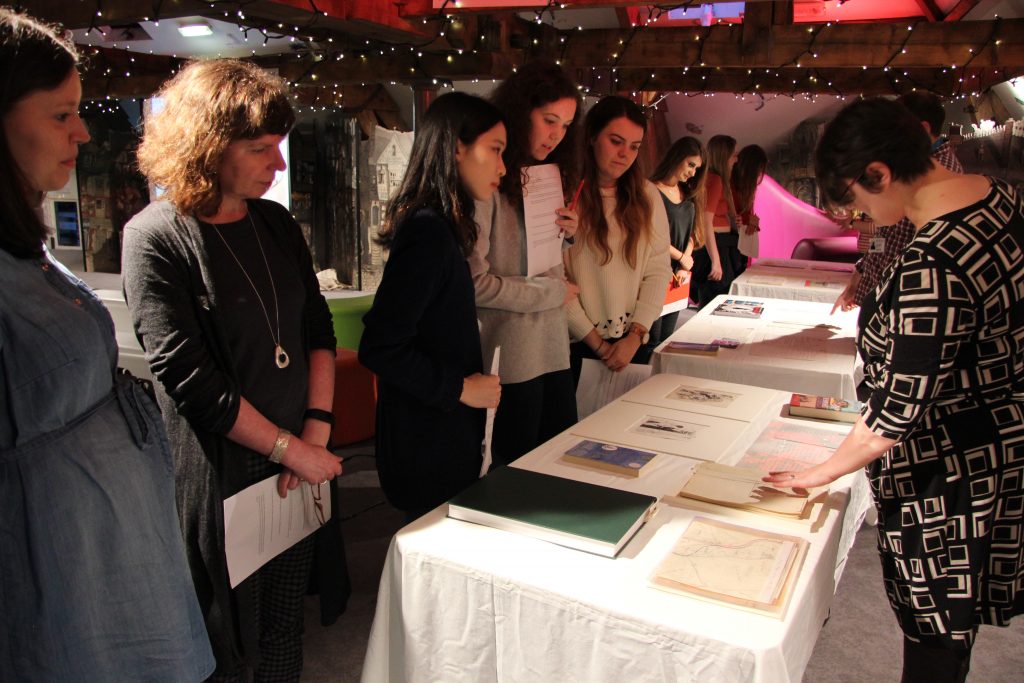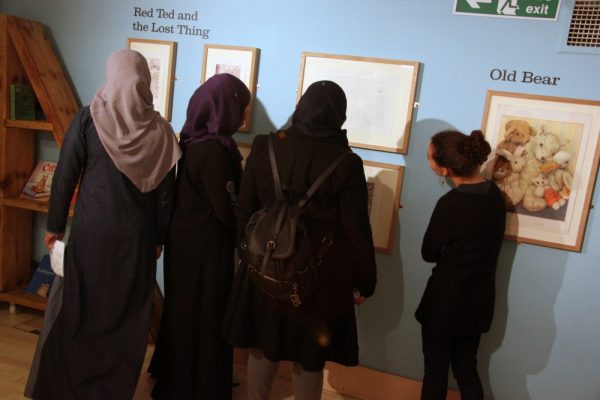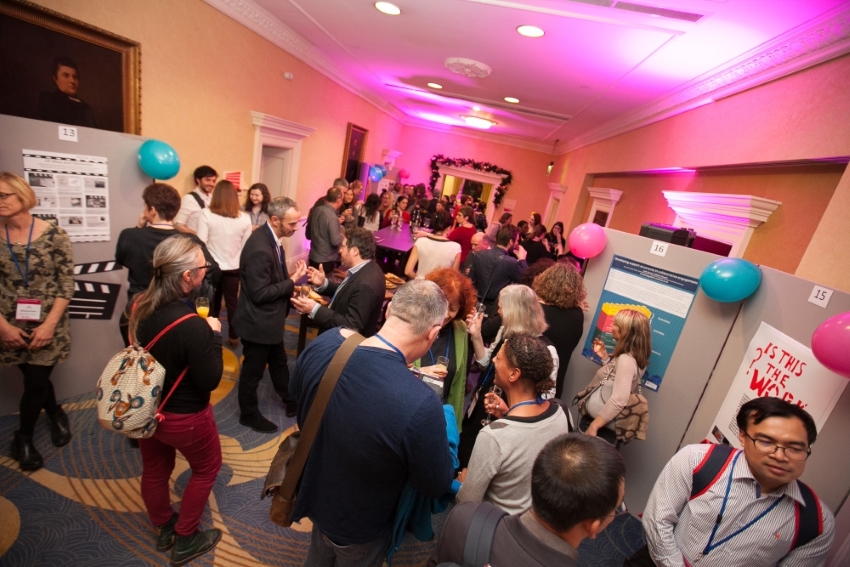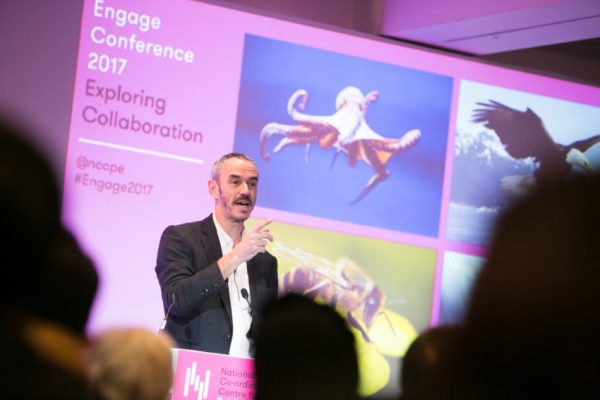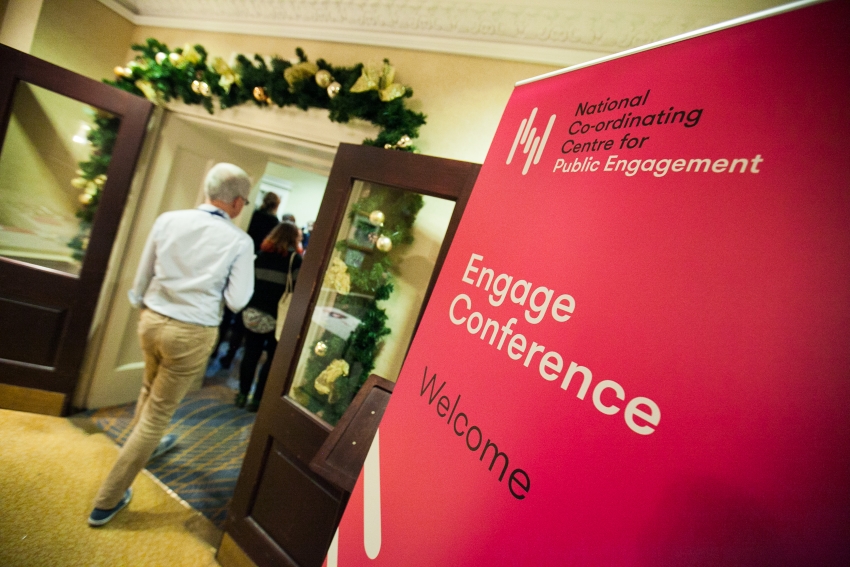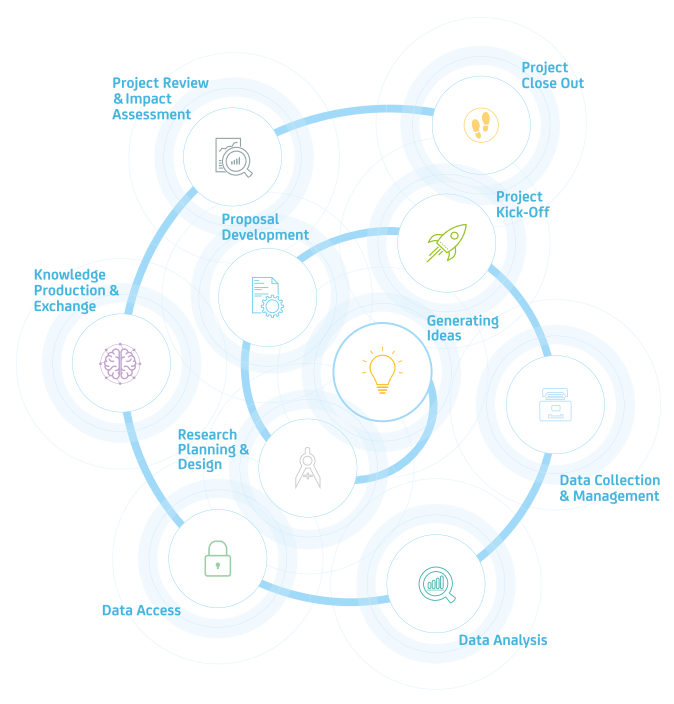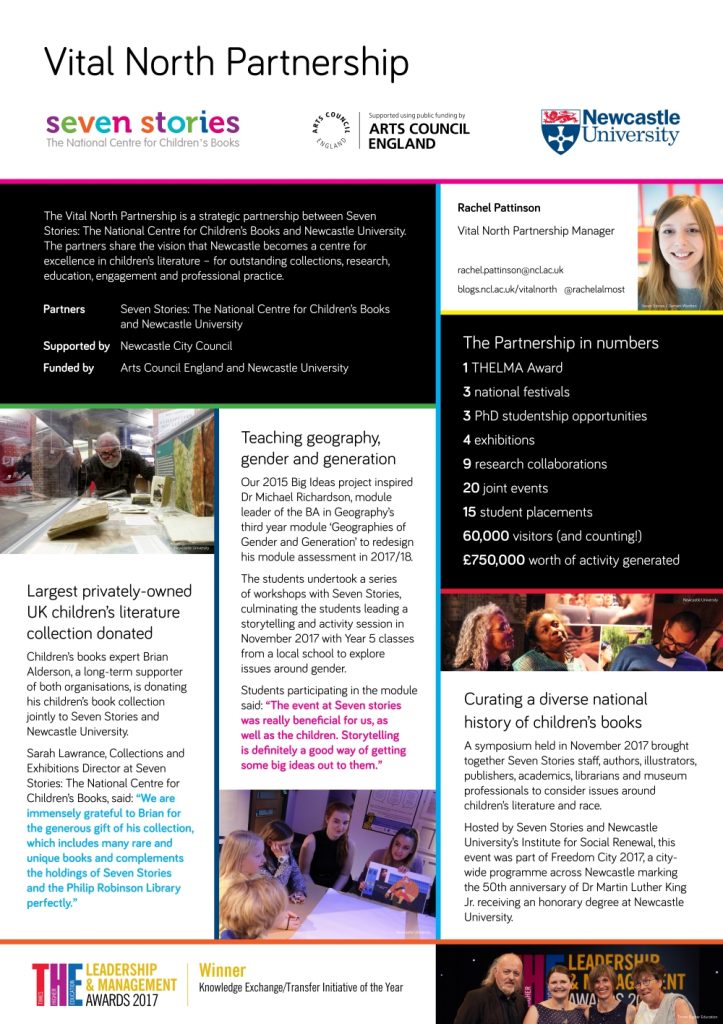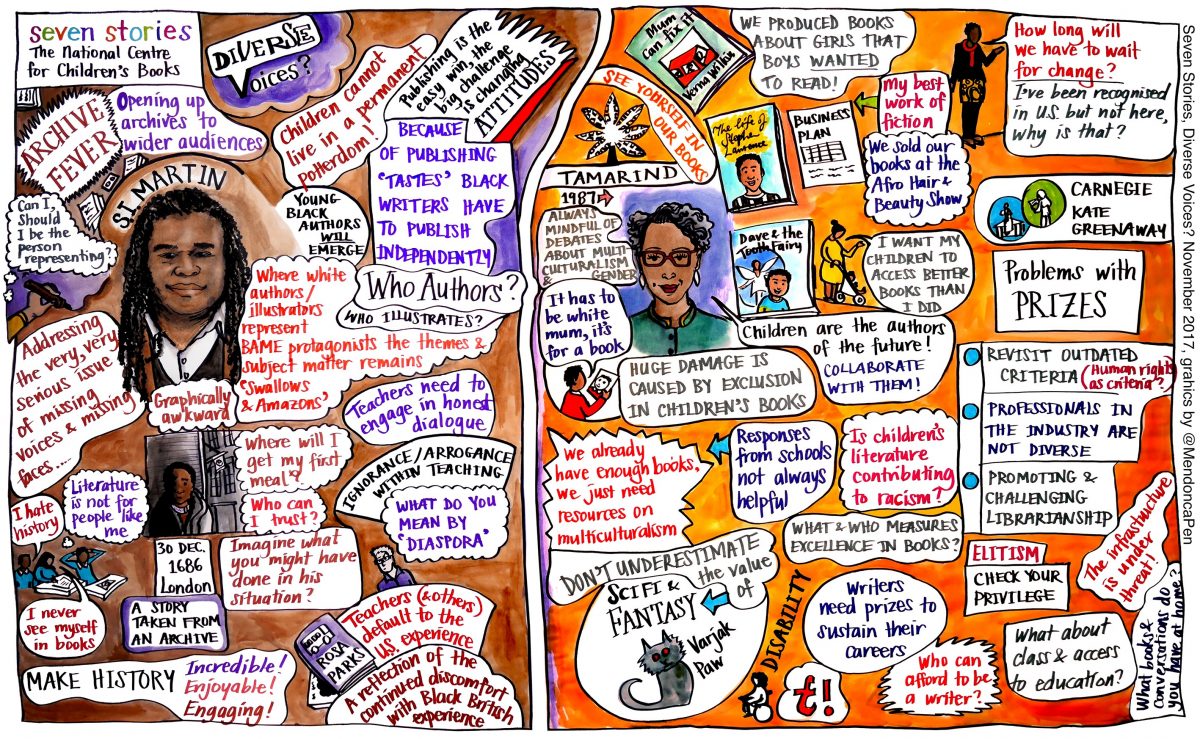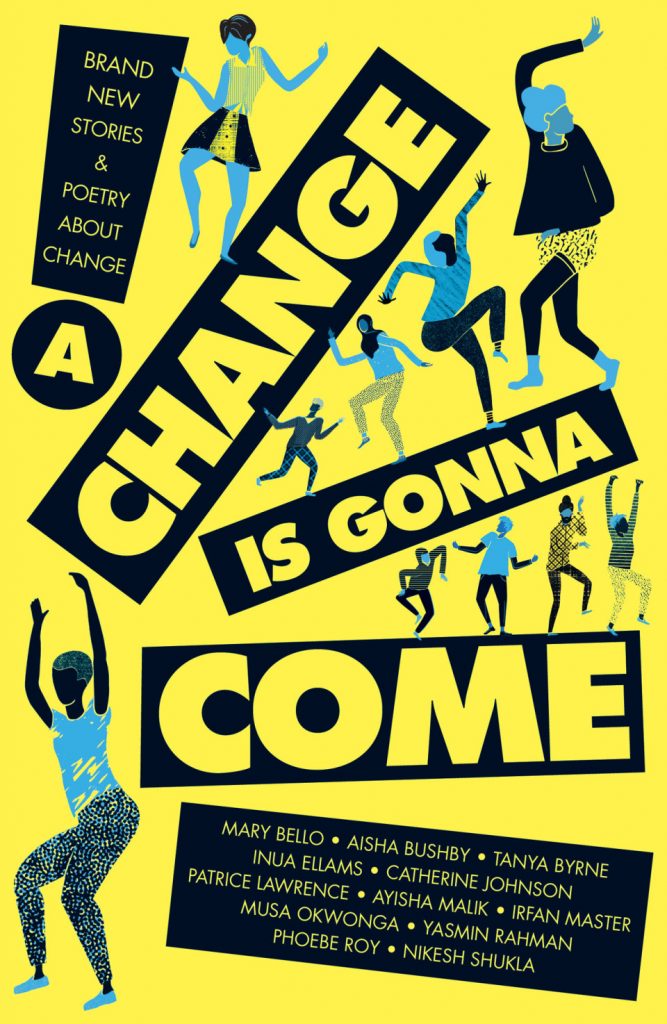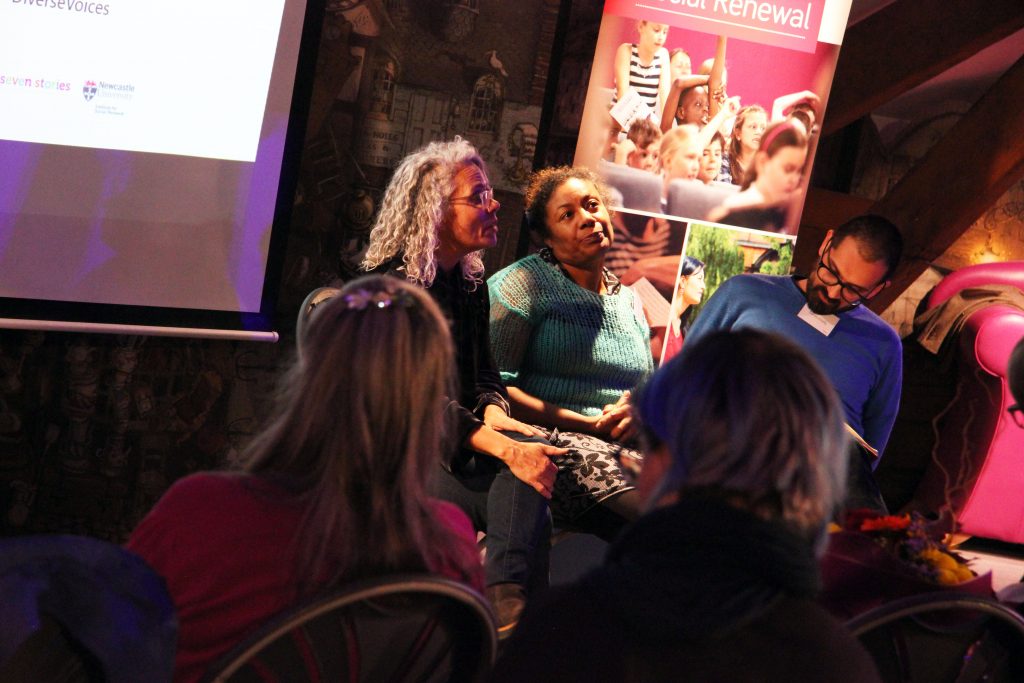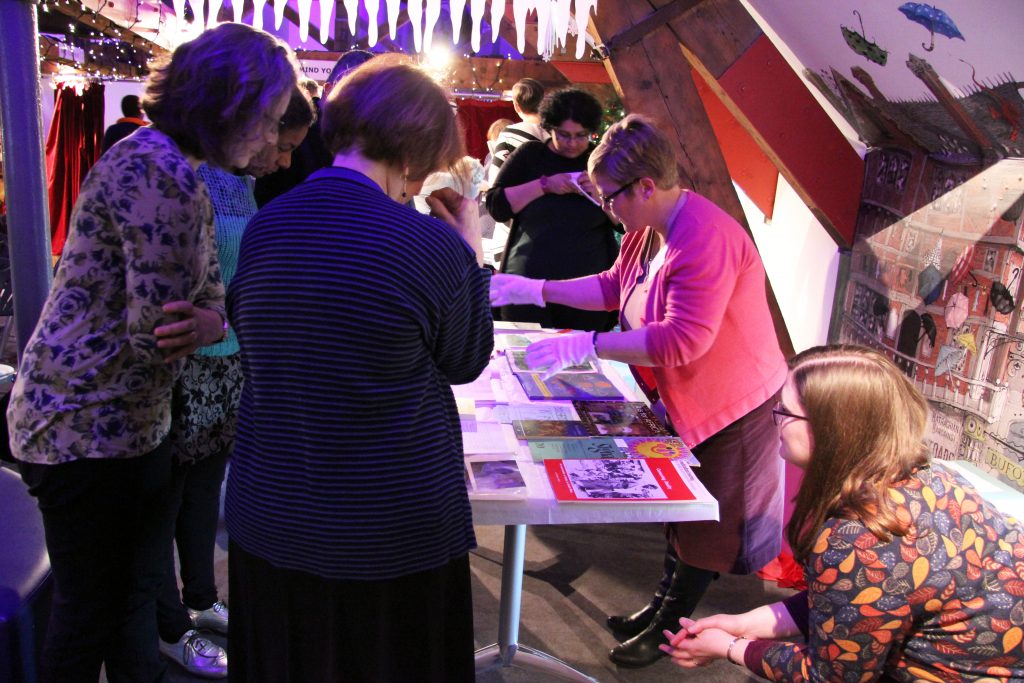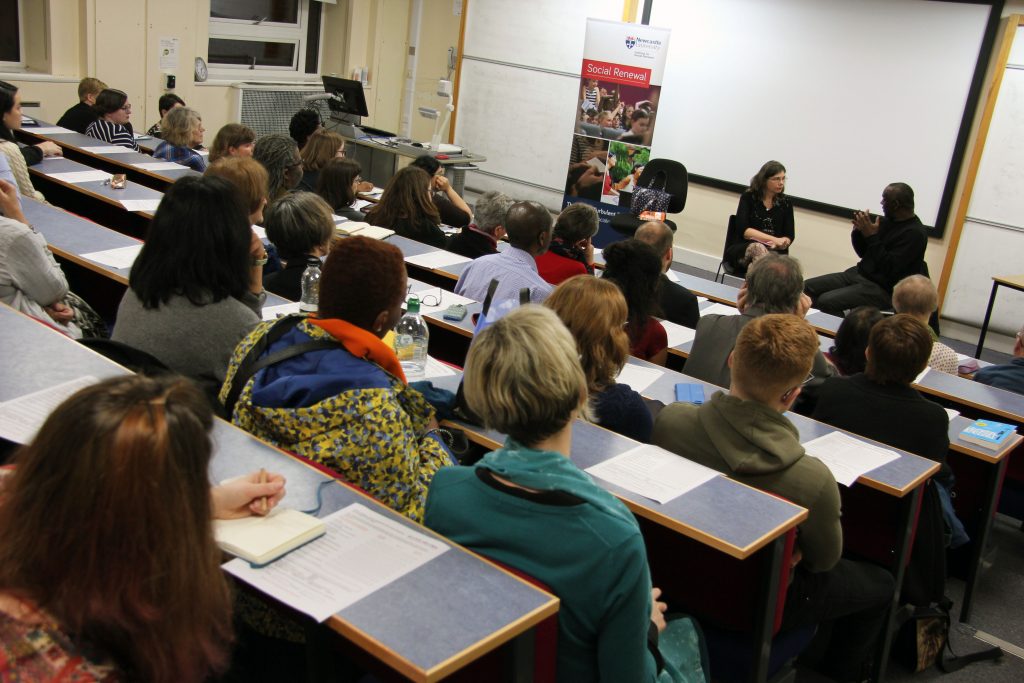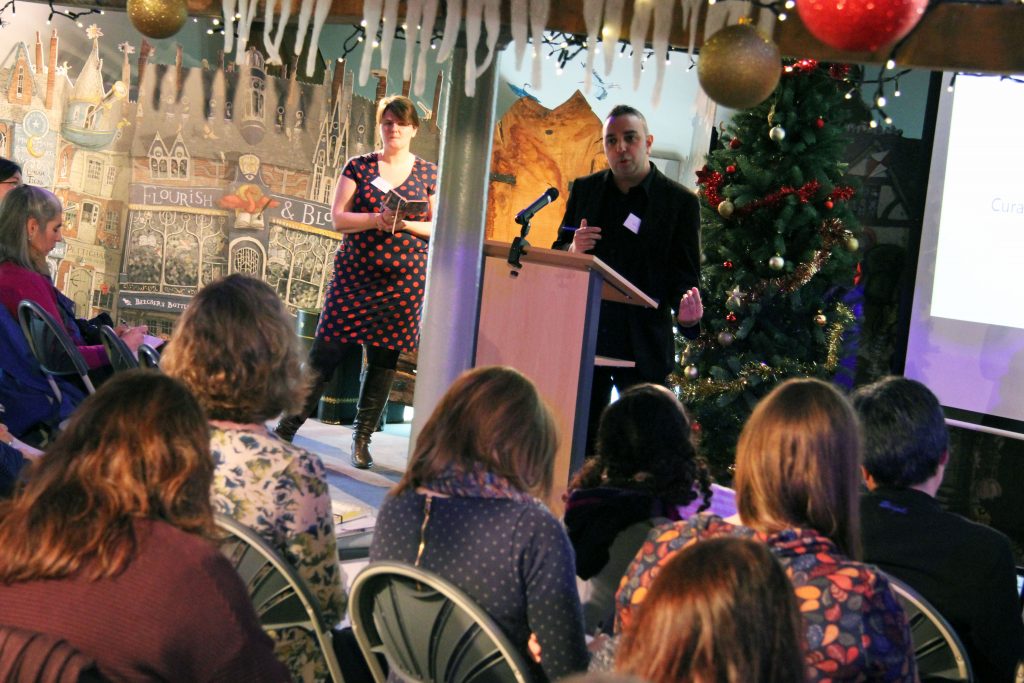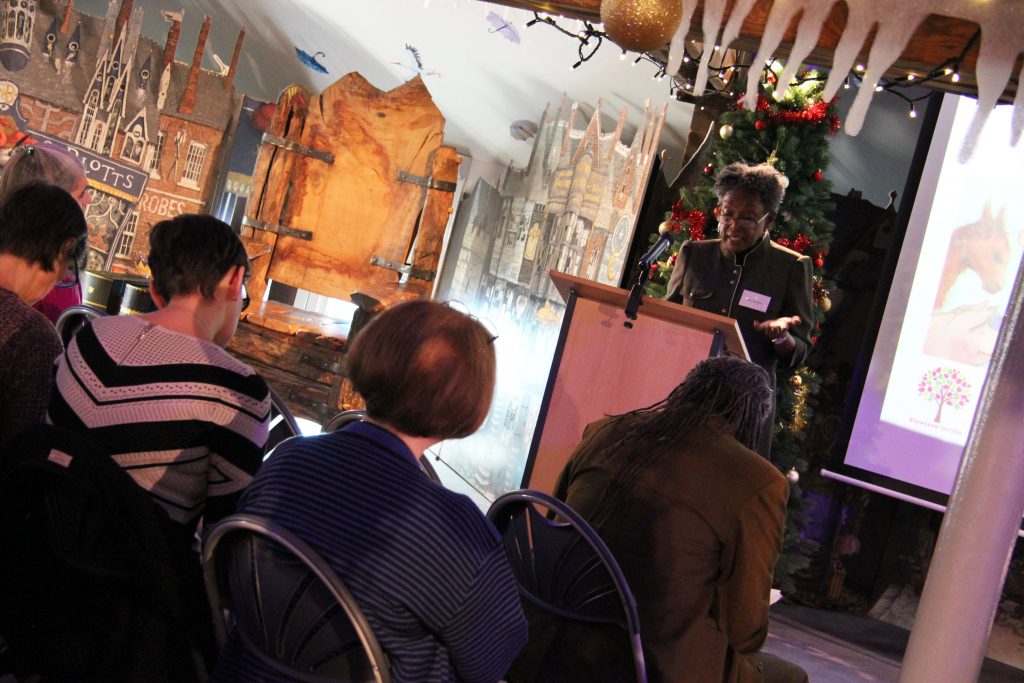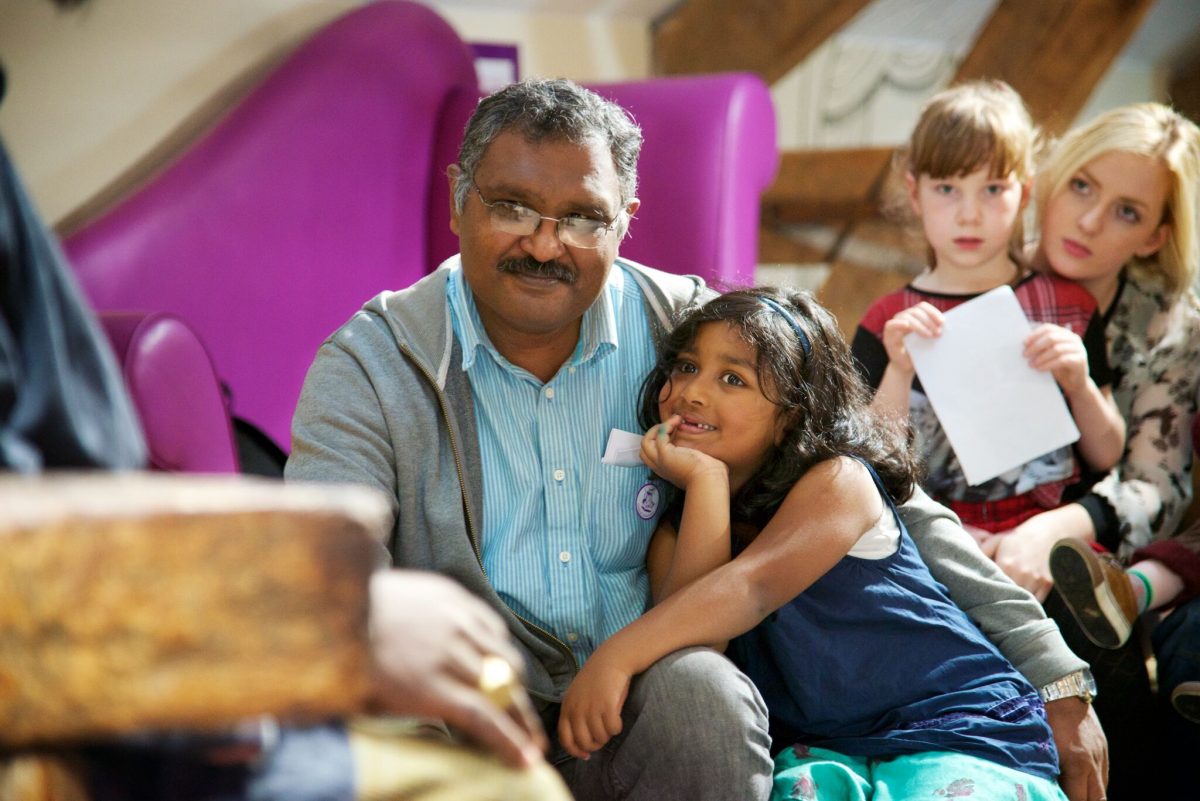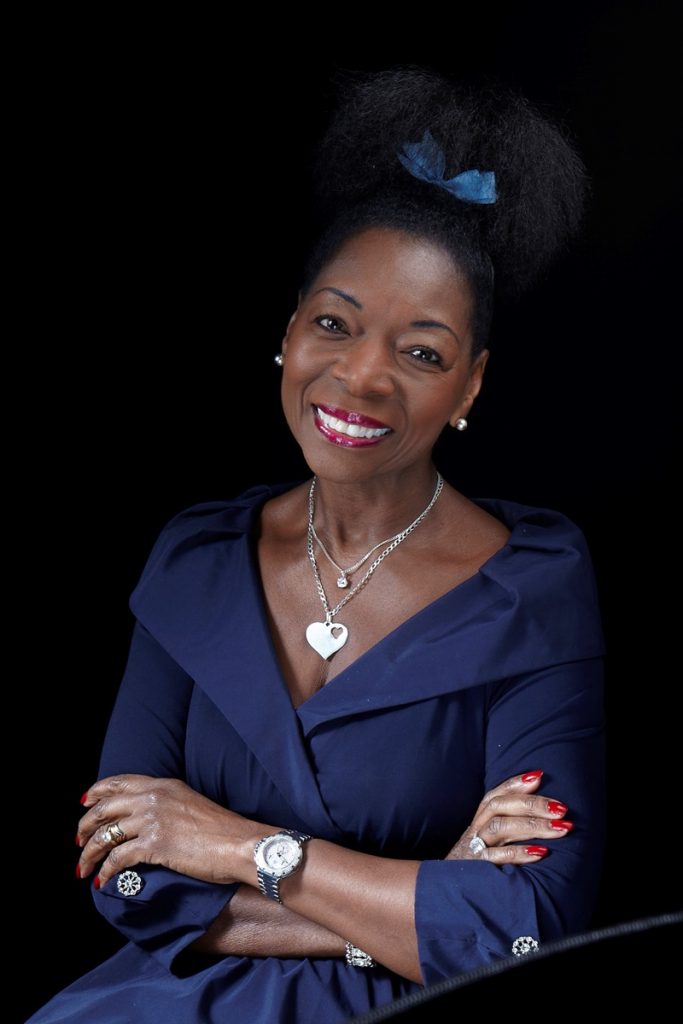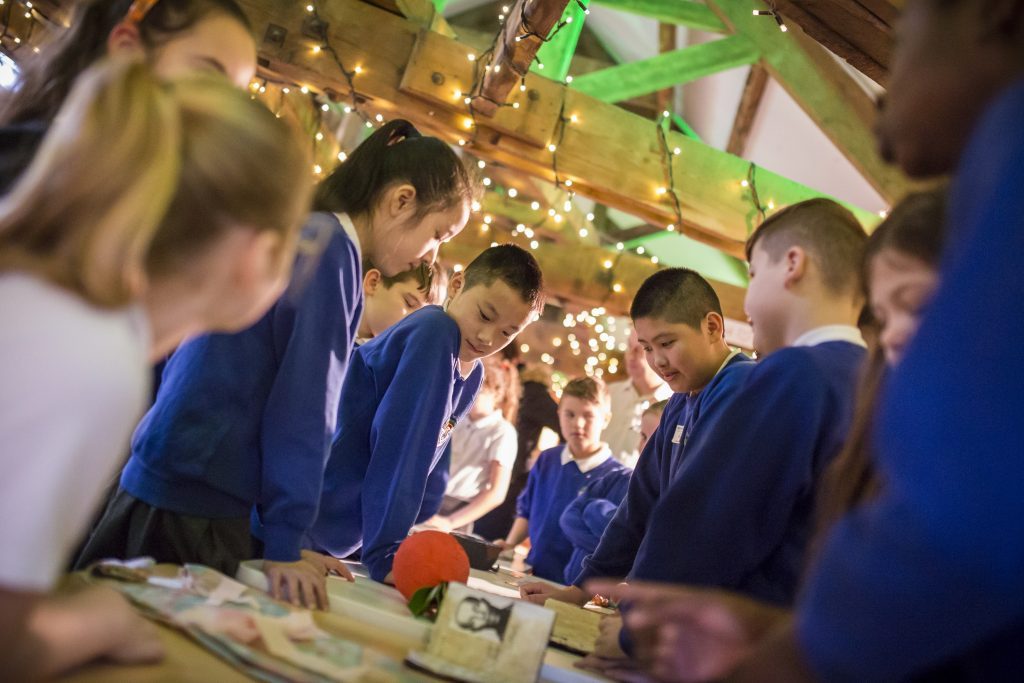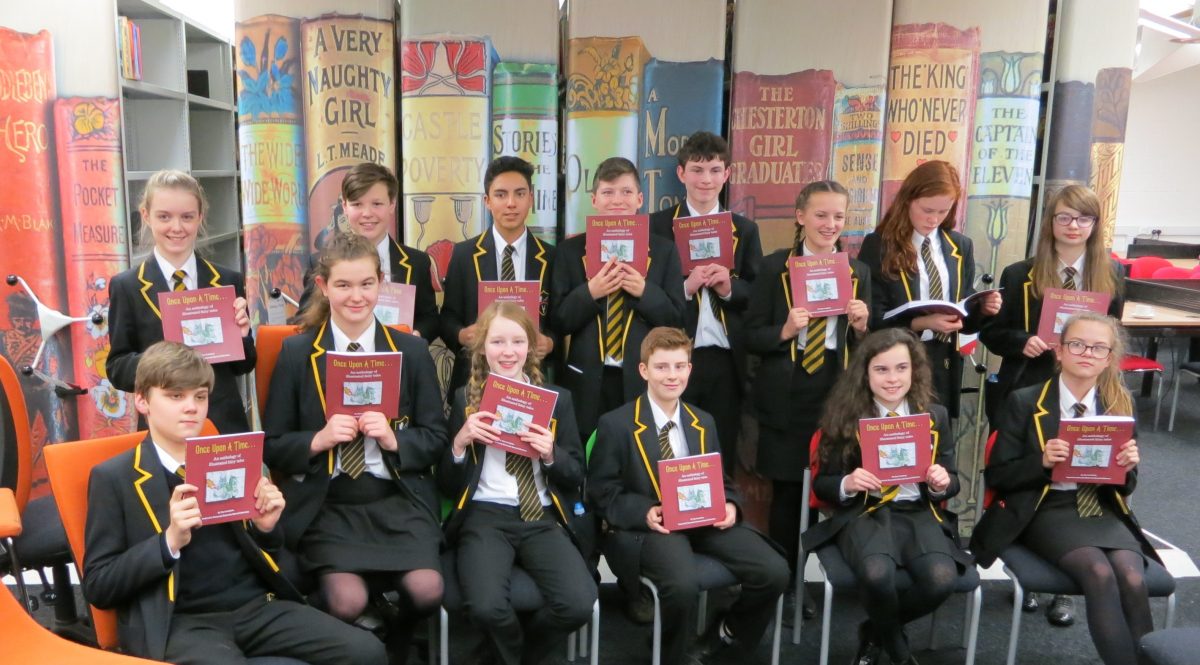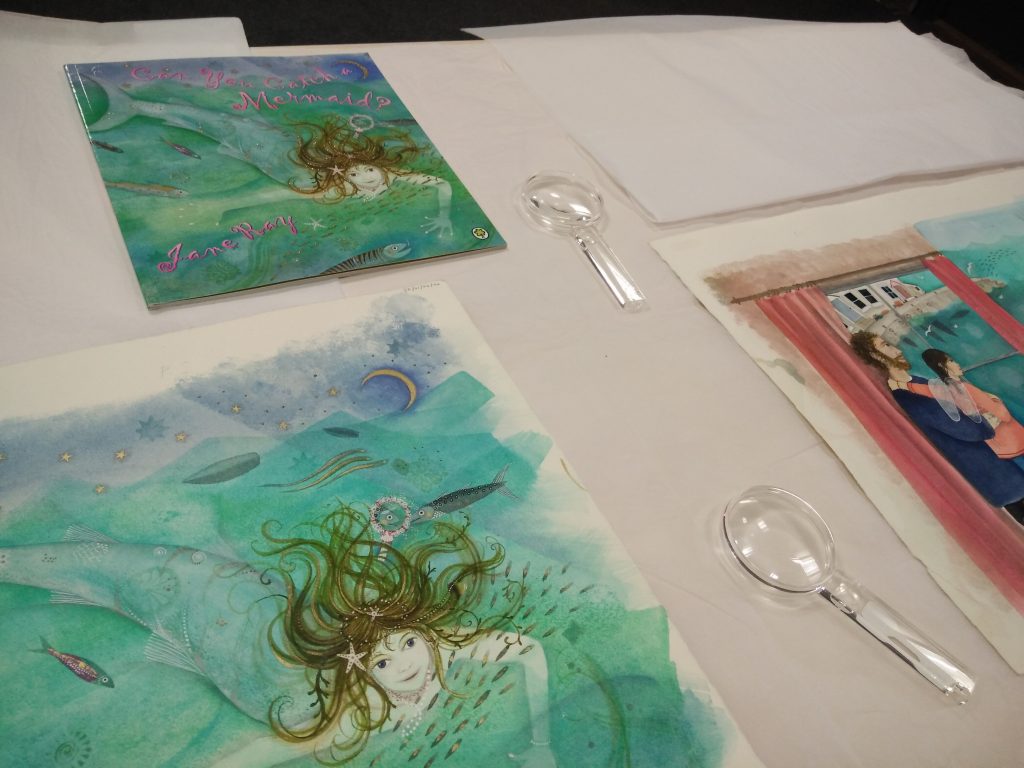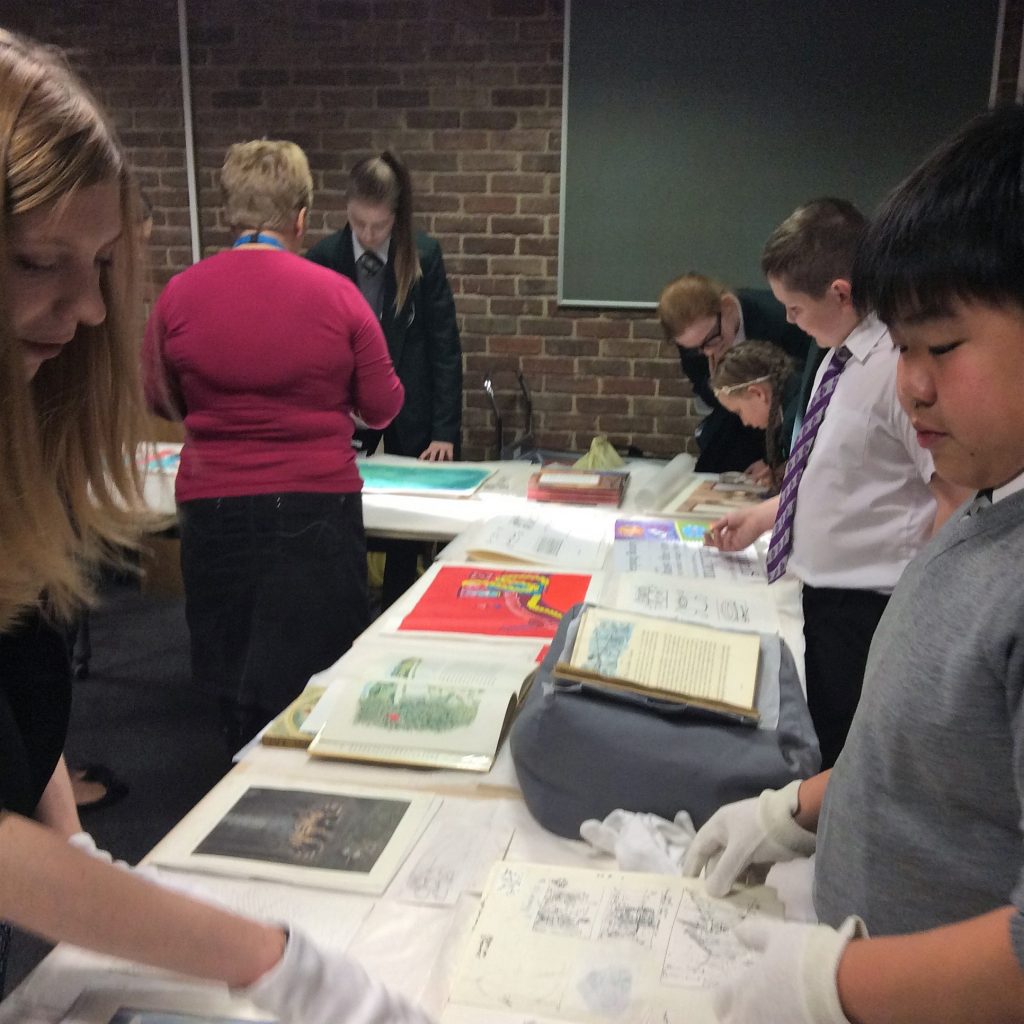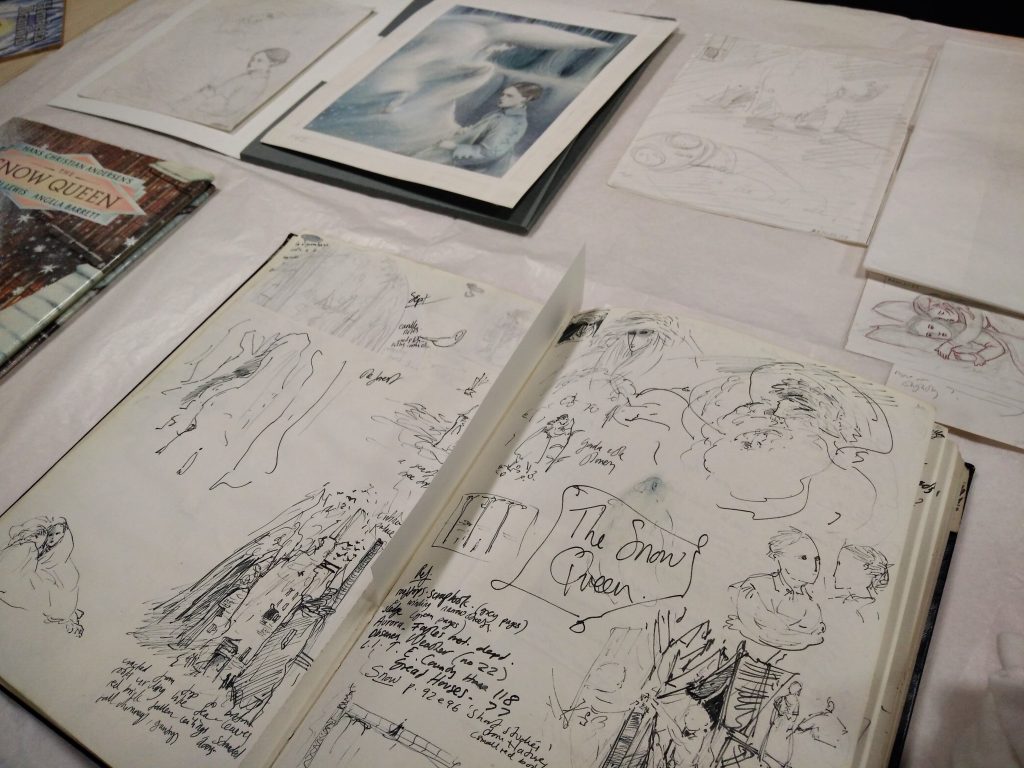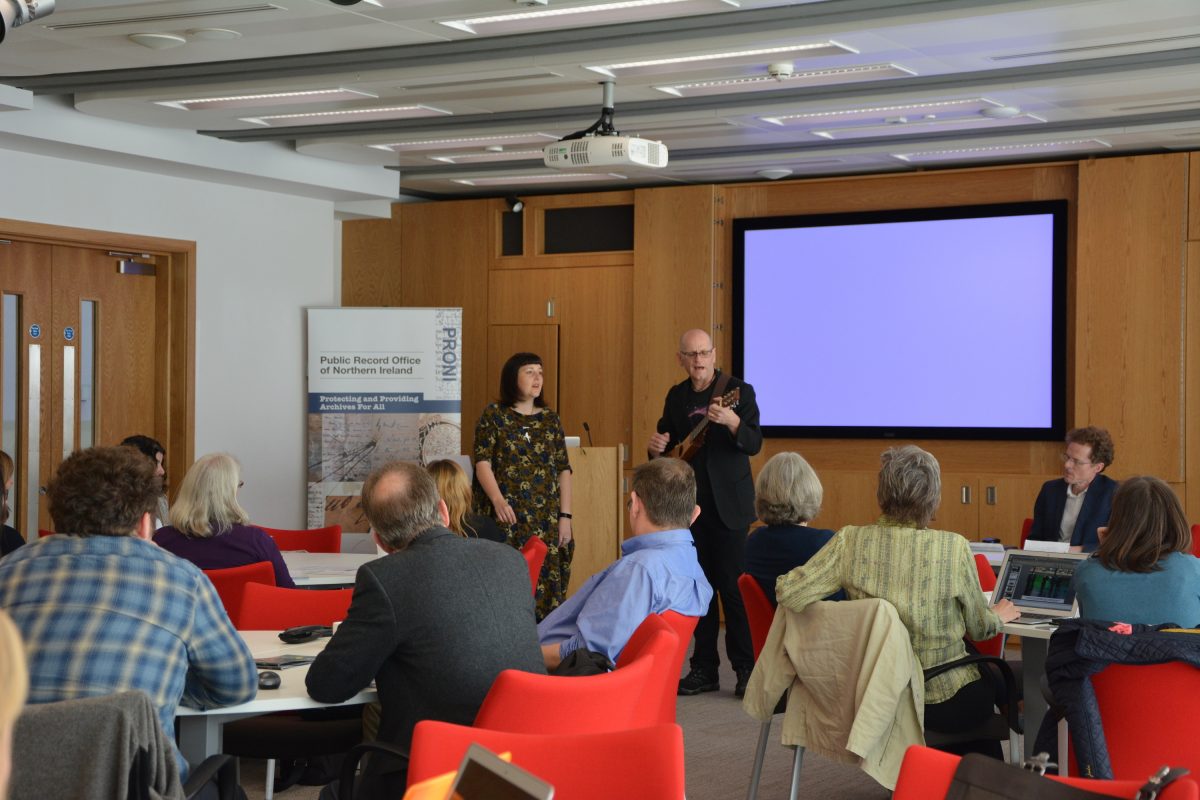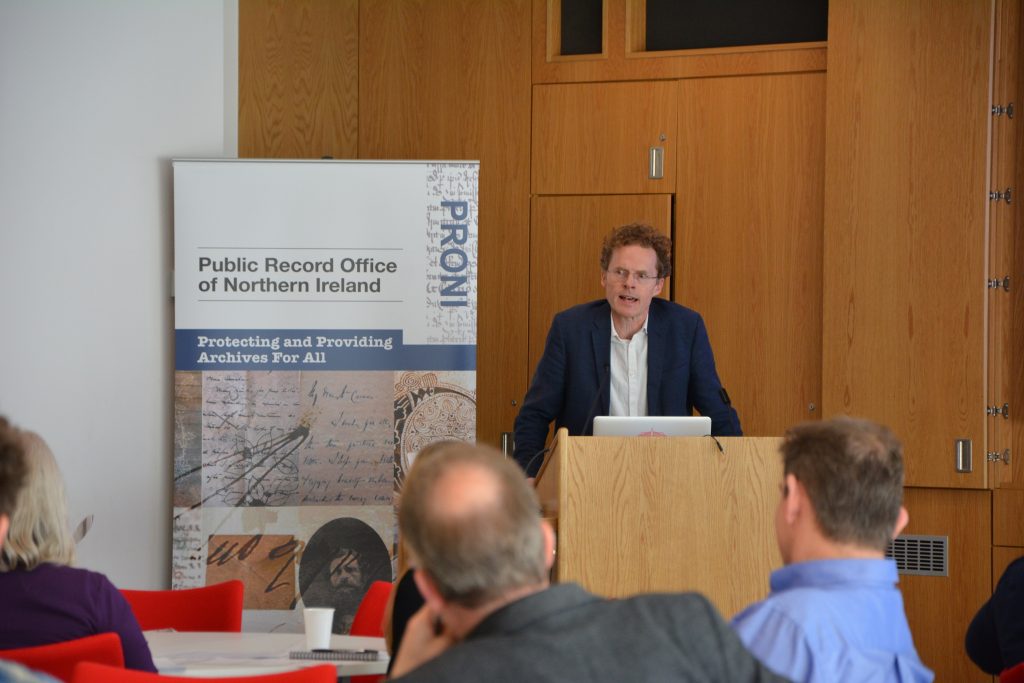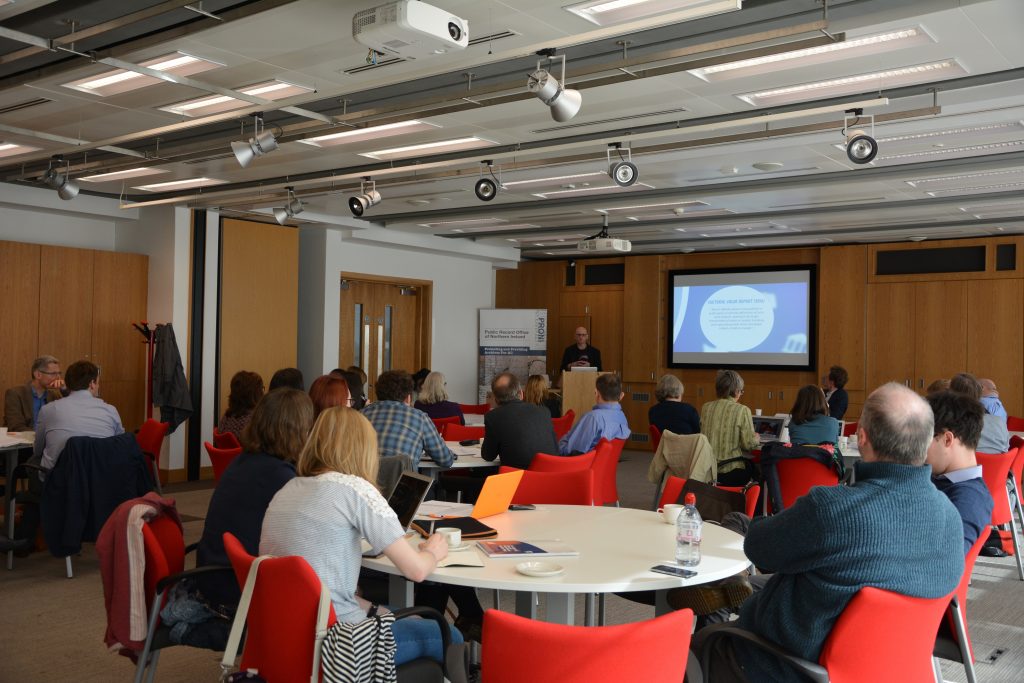How can we encourage children to imagine the spaces of the future, and how they might change? In this blog post, find out about Alexander Wilson’s JigsAudio project at Seven Stories: The National Centre for Children’s Books…
Children have fascinating insights into the places they live in, and Seven Stories are interested in how the families that visit them feel about their locality. Yet traditional approaches to urban planning are quite exclusive (and not massively creative) when it comes to consulting and involving children and young people. So what about new and alternative methods?
The Vital North Partnership has been helping Seven Stories to explore these questions through new partnerships with the School of Architecture, Planning and Landscape and Open Lab at Newcastle University.
Today I’m exploring JigsAudio, a research project led by Alexander Wilson, a doctoral trainee in the EPSRC Centre for Doctoral Training in Digital Civics at Open Lab. Zander’s research interrogates the intersections between digital technology, design, human-computer interaction and town planning, with a focus on alternative tools and methods to participation.
Zander was first introduced to me when I was working with his academic supervisor Professor Mark Tewdwr-Jones and Newcastle City Futures around our Big Draw events in October 2016. Together, we saw an opportunity to combine planning, drawing, and digital technology. Drawing could allow Seven Stories’ visitors to overcome some of the traditional barriers to getting involved with planning.
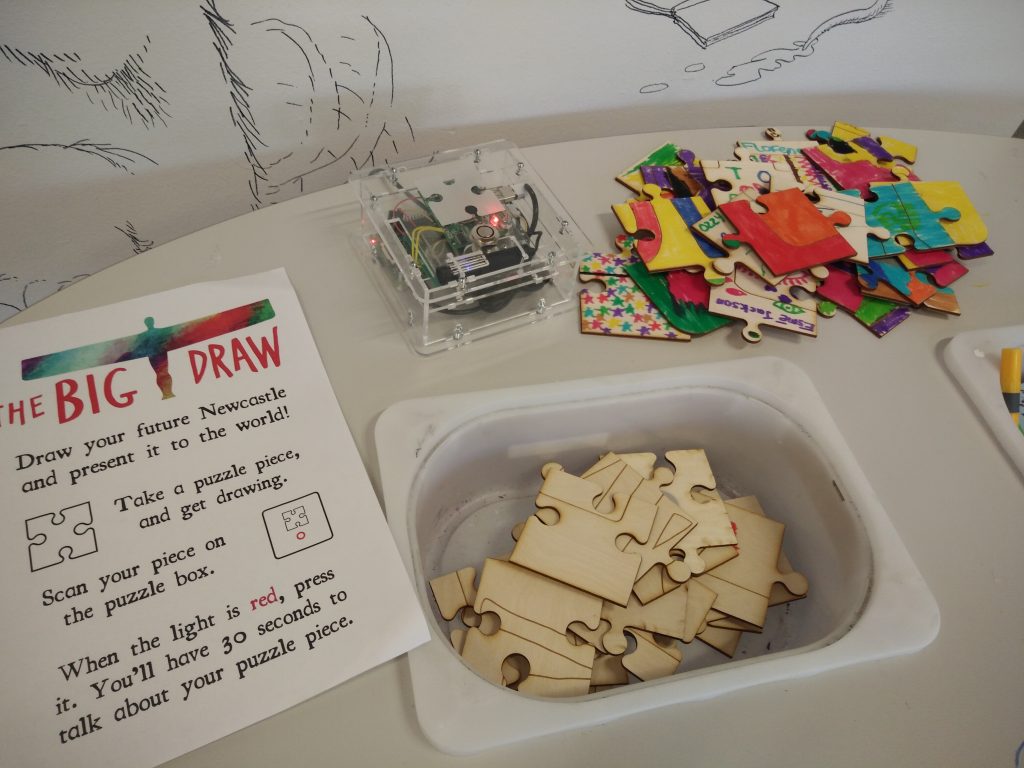
From that initial conversation, Zander and his Digital Civics colleagues came up with JigsAudio. It combines drawing and colouring in jigsaw pieces, which the children and families visiting Seven Stories are familiar with, with something new: a device which allowed the children to record an audio message about their jigsaw piece. The pieces and their recordings are then combined to create a digital version of the jigsaw online.
JigsAudio’s first test was during the Big Draw in October 2016 and formed part of a range of drop in activities offered that weekend around Newcastle City Futures. Zander said, “A colourful puzzle came back with many varied visions of Newcastle and Gateshead. A five-hour barge trip along the Tyne and a colourful new bridge across the Tyne – painted in green, yellow, black, blue and purple – were just two of the ideas that emerged.”
Following that, Seven Stories also worked with Zander on a second JigsAudio activity for Summer 2017 around their Aliens Love Underpants exhibition, asking children to design and talk about alien planets and reflect on what they value about their own. For Zander: “I’m amazed at the effort the children put into their alien’s planet. It’s really interesting to see that they have such a strong sense of what is important to where they live. As well as a few aliens, we got something that’s really valuable and will hopefully lead to children getting more of a say in how places change. We’ve been underplaying their ability to understand some of the issues planning is facing and hearing their ideas has been an eye-opening exercise. It’s been a fantastic project.”
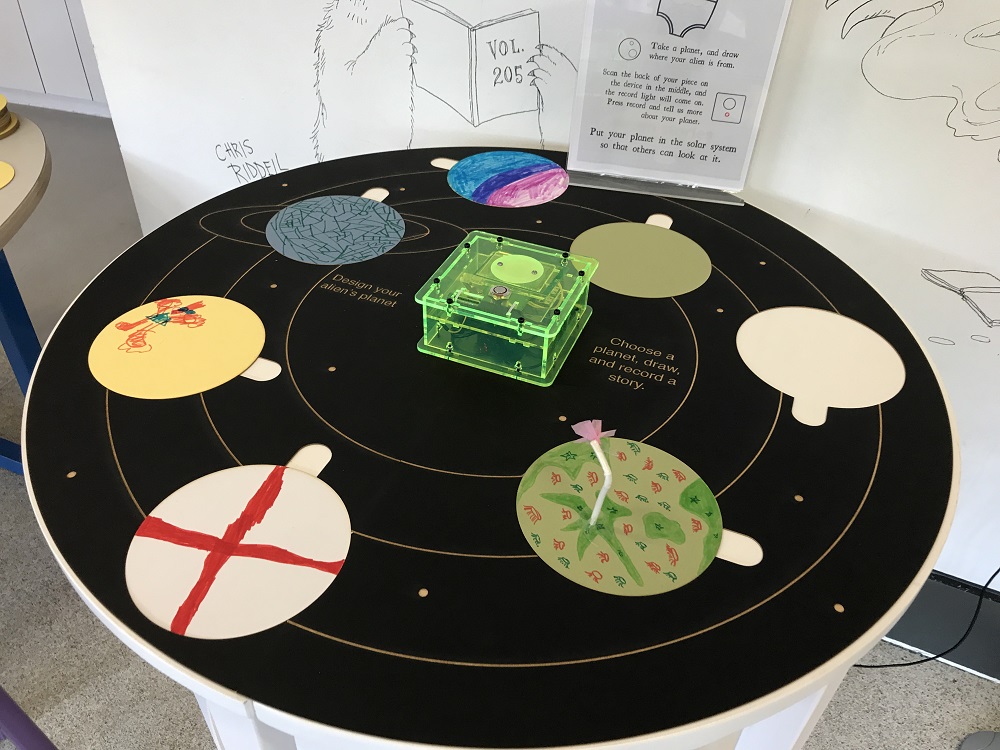
The JigsAudio technology has also been used by Nexus, the North Tyneside Youth Council and Newcastle’s Let’s Talk Parks initiative to engage citizens on the futures of places.
So what were Zander’s research findings? He found:
- “That drawing and talking was effective at getting people to communicate complicated and elaborate visions that might not be easily communicated through a single media.”
- “The initial low-tech appearance of the activity encouraged engagement with JigsAudio”. This was particularly important for Seven Stories’ youngest visitors, and they loved the tactile nature of the jigsaw itself. I noticed that the children really enjoyed adding their piece into the constellation of planets, for example!
- “Participants were interested in how the JigsAudio device worked and wanted to take part in the activity.” This was backed up by Seven Stories Santander University Intern, Emma, who facilitated the Aliens Love Underpants JigsAudio activity: “You have to watch [the device] quite a lot because… it was quite an interesting thing for the kids; they were picking it up!”
- “Through the use of JigsAudio, an artefact that represented a group’s feelings towards a topic grew.” You can see the finished digital Jigsaudio for the Big Draw 2016 here and for Aliens Love Underpants here.
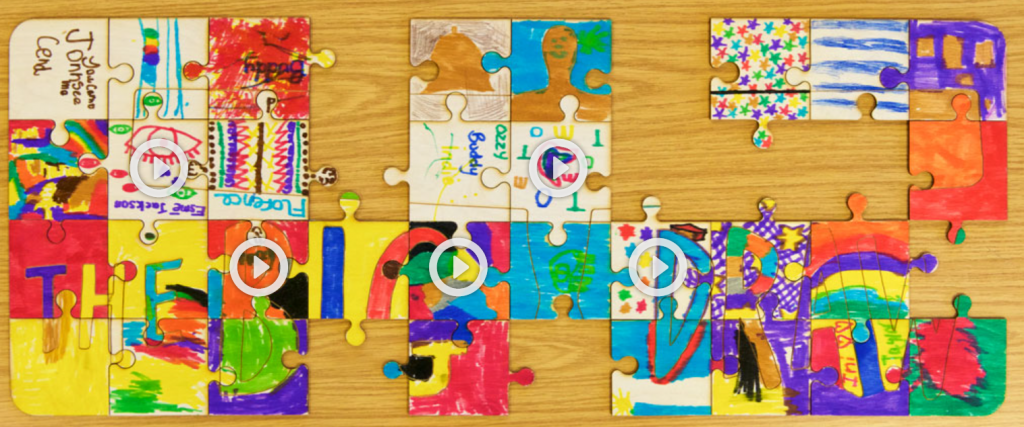
For Seven Stories, using JigsAudio was an interesting way of finding out what their youngest visitors see and think about the place that they live in, and their visions of alternative spaces.
And for Zander, “I’m thinking about how we can use drawing and talking with other topics, and how we might put together a toolkit for children to make their own devices. If you’re interested in having a go with the device, or if you have your own project you’d like to use JigsAudio in, please do get in touch!”
Thanks to Zander for his help with this post! To find out more about JigsAudio, visit: http://jigsaudio.com/
